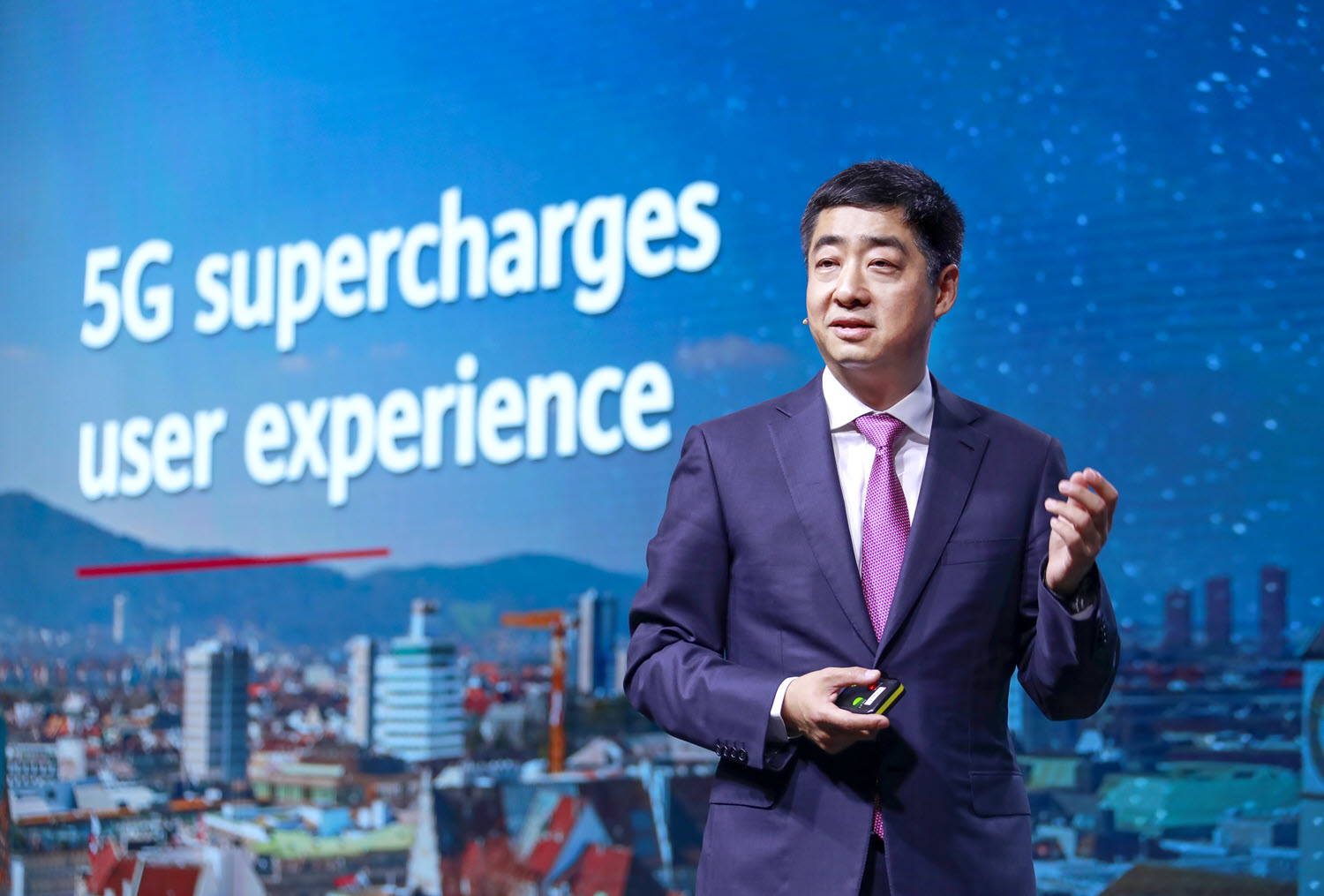Just as it has in Australia and in other Five Eyes countries, the US has been pressuring Germany to ditch Huawei from the country’s 5G infrastructure. However unlike Australia, the German security apparatus has decided against the move.
When Germany releases its updated “security catalog” this week – which specifies amongst other things what equipment from whom can be used where – Reuters reports that Huawei will not be excluded.
“Germany’s approach did not and does not foresee any clause that would exclude any one company,” a senior government official told Reuters, under anonymity.
The move follows a statement earlier in the year from German Chancellor Angela Merkel where she stated that Germany would not single out individual vendors when strengthening the country’s mobile networks.
The move is bound to be popular with German carriers – many of which use Huawei equipment already – as any ban would’ve delayed the rollout of 5G in one of western Europe’s largest markets.
It doesn’t mean that the European market is ignorant to security risks – just last week the EU released a risk assessment report warning of increased security risks posed by the implementation of 5G.
While the report makes no mention of Huawei specifically, it encourages member states to take appropriate steps to secure and harden their networks against challenges by non-EU states or state-based actors.
The news comes after a week of thawing tensions between China and the US, which may just have the Chinese technology giant breathing a (small) sigh of relief after a tumultuous six months.
Ahead of the Mobile Broadband Forum in Zurich this week, Huawei also extended its partnership with Swiss telco Sunrise to build a 5G research centre just outside the city centre.
In a friendly announcement – i.e. entirely the kind of thing you’d expect to come out of an event like MBBF – the companies announced that the new research centre would be used to research and develop real-world 5G applications for private and business sectors in Switzerland and across Europe.
The centre will also include a test lab environment where developers can test their products and designs on real-world Huawei 5G networks for compliance and further development.
It’s not the first time the companies have worked together. Previously Huawei and Sunrise partnered to deliver a 3.7 Gbps real-world 5G speed test on Sunrise’s 5G network
Even in the UK, where no decision has been made as to whether Huawei will be allowed to participate in future 5G infrastructure, all major carriers are proceeding with Huawei equipment (while they can, perhaps) to speed along the 5G deployment.
We can only dream of such technology in Australia, sadly, where the commercial incentives to develop anything approaching this kind of network infrastructure and quality are sadly absent.
Chris travelled to Zurich to attend GSMA’s Mobile Broadband Forum as guest of Huawei Carrier and Networks Business Group.





Absolutely agree Chris. This whole attack on huawei is simply a massive geopolitical propaganda exercise led by the US to cripple Huawei’s technological ability. Of course, with mainstream media outlets fanning this message and spreading a lot of misinformation, I’m not surprised that most people end up developing uninformed opinions on this matter.
Like it or not, the *potential* security risks relating to Huawei *are* real and Australia has made a sensible decision to distrust their equipment…
But to say that Australia is missing out because of such decisions by the Government? Gimme a break – there are companies with infinitely more experience – Ericsson and Nokia being two examples – that have been doing infrastructure since long before Huawei was even a concept.
Okay, so let’s say we accept the premise that the risks are real. Where’s any evidence of wrongdoing which would support the argument? Why hasn’t any been produced anywhere?
As for missing out, Australia most definitely is, but you’re right it’s not missing out because Ericsson and Nokia can participate and Huawei cannot. That’s a small part of the problem.
The threat is the control that the Chinese Govt can exert on Huawei to do the bidding of the Chinese Govt.
Huawei being ordered to: Use the infrastructure for spying. Apply a remote operated kill switch built into the hardware.
Those are the 2 primary possible threat scenarios reported on in the media as grounds for the ban.
The US and Australia can do that to companies too iirc
Agreed Scott. But in China, major companies are effectively operated directly for, and as a function of, the government. In the west, such major companies are not so directly connected to the Government.
It was Australia’s ban on Huawei which helped push the USA to ban Huawei for 5G infrastructure on those potential security grounds, before Huawei were accused of breaking trade sanctions.
Once the USA put its ban in place, then it became an issue for the ‘Five Eyes’, with the USA and Australia trying to pressure the other ‘Five Eyes’ countries to also ban Huawei.
Stoking privacy/spying fears in consumers is a great, tried and true way to disadvantage other countries from competing globally and advance your own country’s fortunes. If you buy that argument I guess you’re not buying anything from China, Hong Kong, most of South America, much of eastern Europe etc. Happy paranoid shopping!